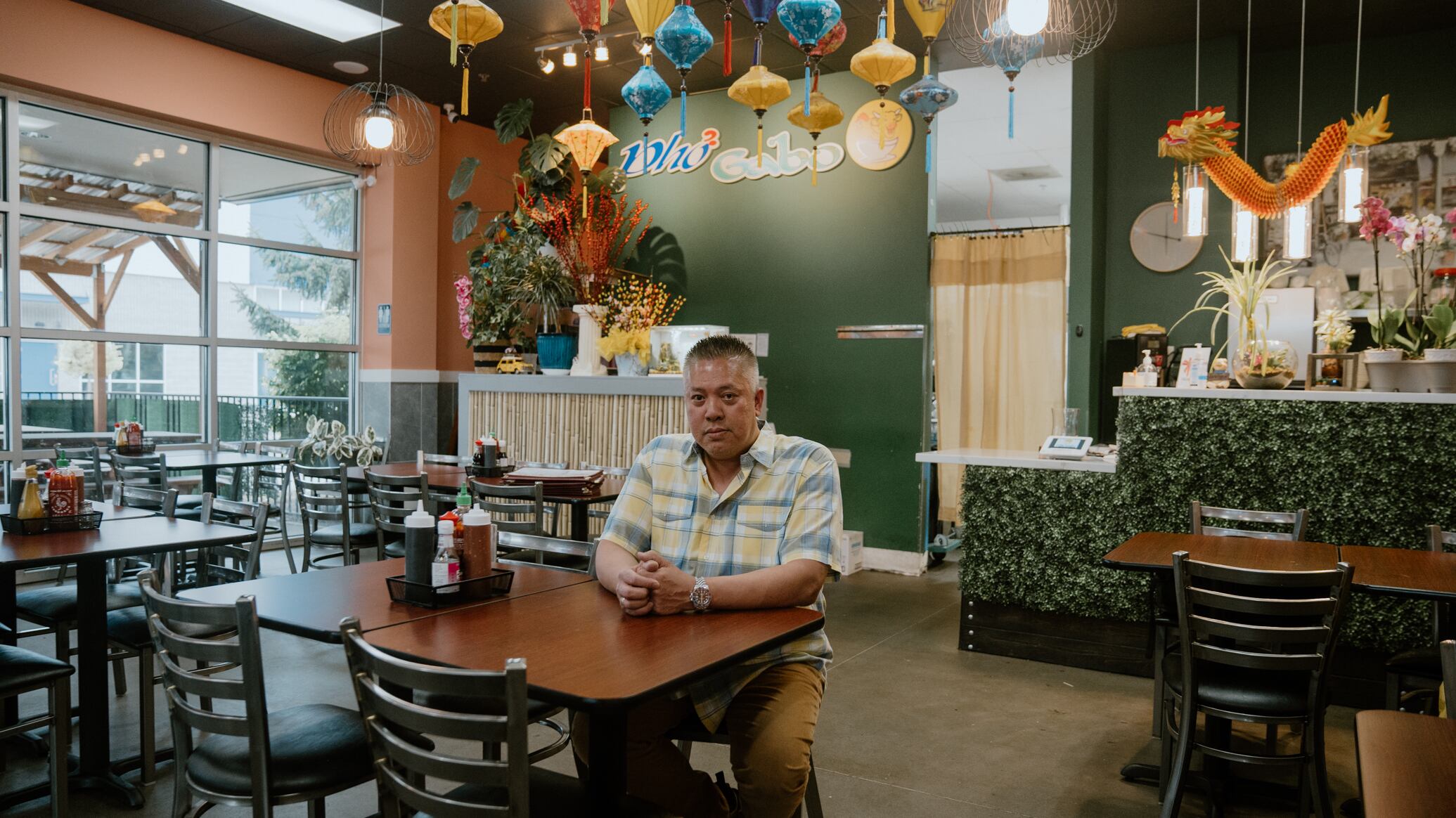Eddie Dong, the owner of Vietnamese restaurant chain Pho Gabo, intends to sue the city for civil rights violations stemming from the February closure of his Roseway location due to the city’s odor code, according to a legal document obtained by WW.
Julie Parrish, a former state lawmaker who’s now a lawyer at Kell, Alterman & Runstein LLP, sent the tort claim notice April 9. That’s a document that notifies the recipients of an impending lawsuit. Parrish’s letter was addressed to four recipients: a liability manager and an attorney for both the City of Portland and Multnomah County, as well as Mayor Ted Wheeler and the Portland City Council.
Dong intends to sue for “economic and noneconomic damages related to the City’s subjective, selective and disproportionate enforcement of city codes,” the letter reads. The claims include civil rights violations of the U.S. and Oregon constitutions and “discriminatory enforcement of city odor codes.”
The Vietnamese restaurant in Roseway shut down in February after an 18-month campaign by an anonymous neighbor who complained to the city’s Bureau of Development Services that he or she could not stand the smell of the grill and the meat. In one report, the city inspector wrote “the odors detected smell like a wok dish.”
With fines accumulating and the only possible solution an unaffordable $40,000 air filter, Dong closed the doors to his Northeast Fremont Street restaurant. The tort claim notice alleges that enforcement of the ordinance “disproportionately affected restaurants serving ethnically diverse food, such as Vietnamese cuisine.”
Parrish pointed out the irony of the city investing in a dozen site visits to Pho Gabo over an 18-month period.
“Although many commercial businesses in the city cannot get the city to respond to issues involving theft or menacing by those openly using drugs near their premises, the city began devoting significant resources toward the investigation of these complaints,” she writes.
The tort claim also takes issue with the city concealing the identity of the complainant, who is known only as COM in the documents, which WW obtained through a public records request.
“There is no exemption under the applicable public records law to conceal the identity of a complaint party under City Ordinance 33.262.070,” Parrish wrote. “Nevertheless, the city declined to provide such information to Mr. Dong or other media outlets.”
Economic damages include Dong defaulting on his lease on the vacant Roseway space (his lease goes through the end of the year), fines by the city, and a threat to the Pho Gabo “business as a whole and Dong’s livelihood.”
The tort claim notice references noneconomic damages as well:
“Mr. Dong has suffered…reputational harm, fear, humiliation, embarrassment, emotional distress, and loss of his community that he built as a Vietnamese restaurant in the Portland community.”
City Commissioner Carmen Rubio suspended enforcement of the odor code last month, pending an internal review.

